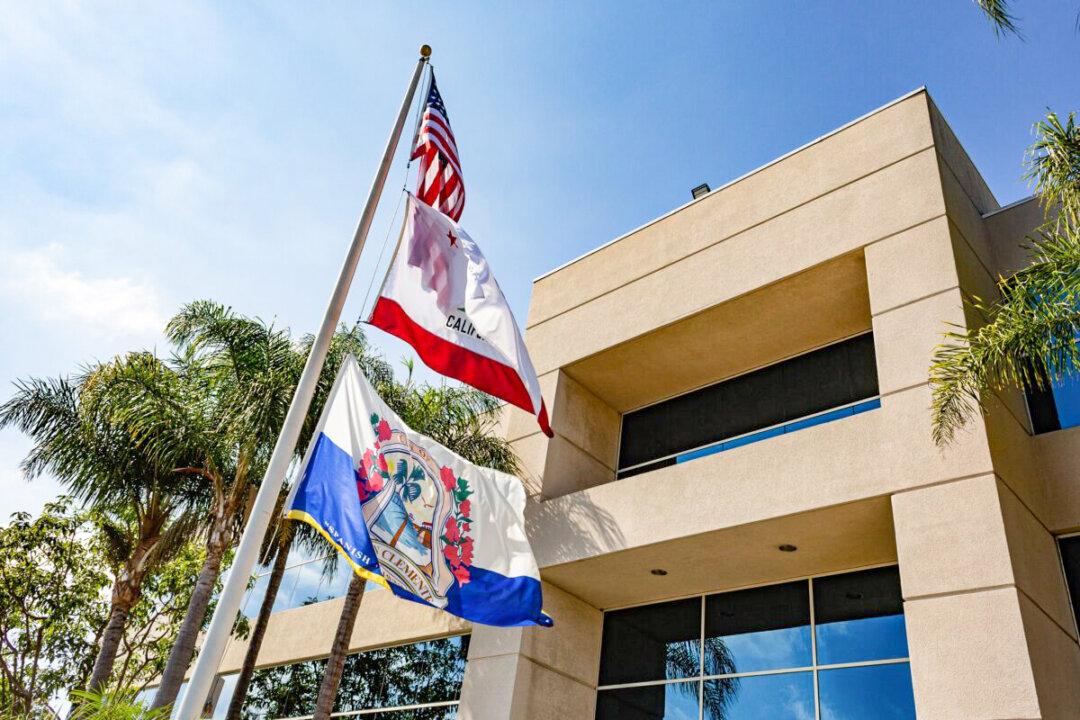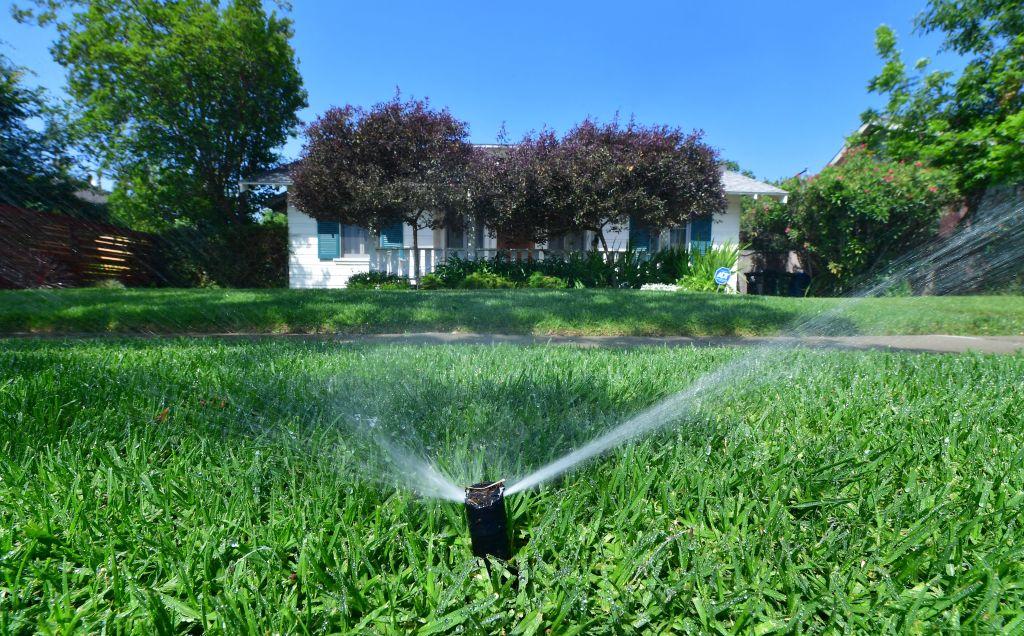ALISO VIEJO, Calif.—The Aliso Viejo City Council unanimously approved to opt into a $26 billion settlement agreement with opioid painkiller distributors and manufacturers on Dec. 1, receiving an estimated total of $226,000 over 18 years.
The council approved the item without a discussion, Mitzi Ortiz, director of government services for Aliso Viejo, told The Epoch Times.





